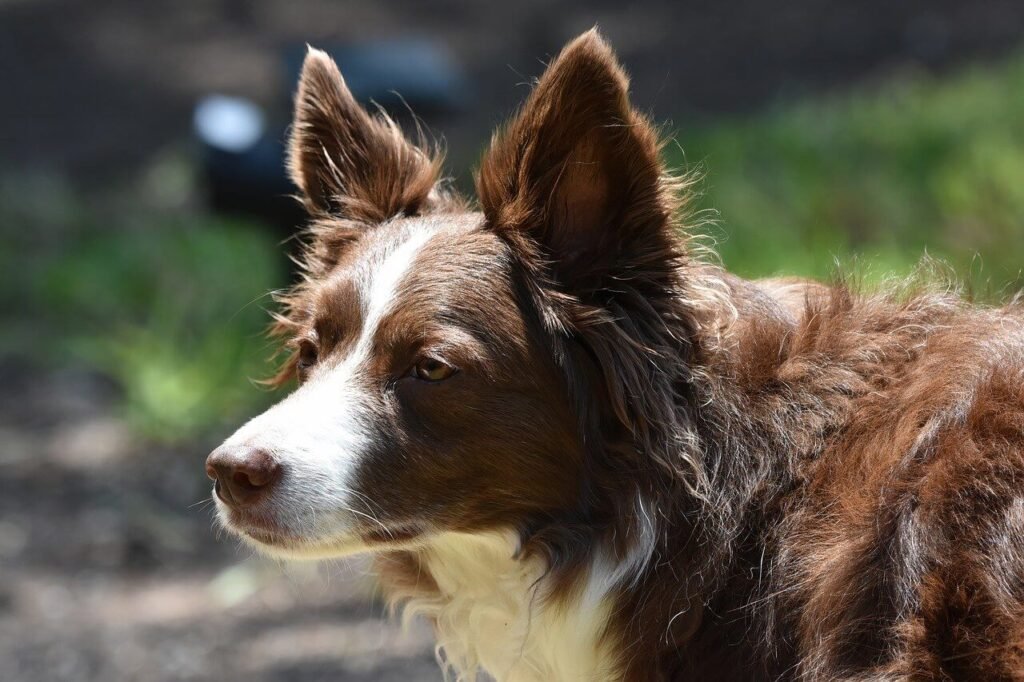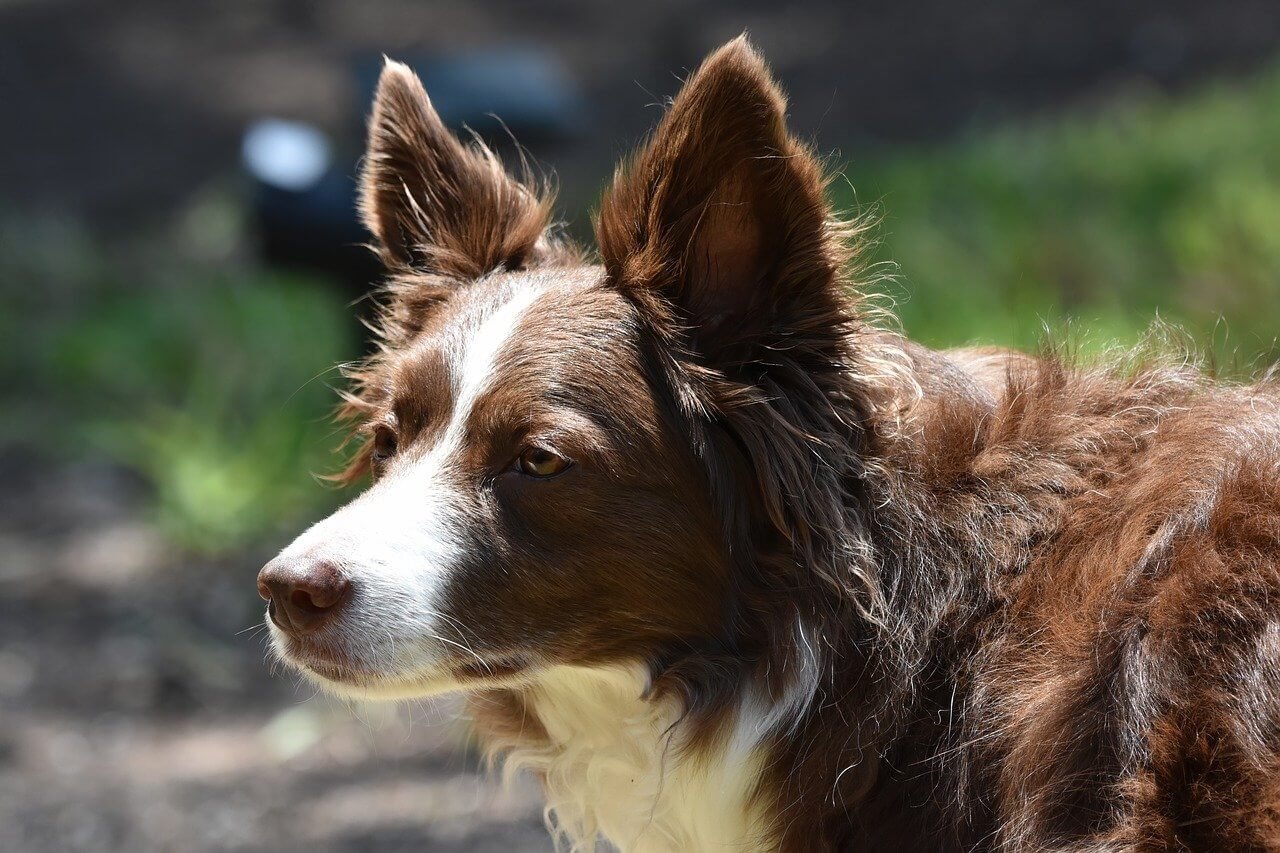Is Phlox Safe for Dogs? A Guide for Pet Owners
As a dog owner, ensuring the safety of your furry friend is always a top priority—especially when it comes to plants in and around your home. One popular flowering plant, phlox, often graces gardens with its vibrant colors and sweet fragrance. But is phlox safe for dogs? If you’re wondering whether this beautiful plant poses any risks to your canine companion, you’ve come to the right place. In this blog post, we’ll explore everything you need to know about phlox and its safety for dogs. From identifying potential risks to offering practical tips for pet-friendly gardening, we’ll help you create a harmonious environment where both your plants and your pup can thrive.
Understanding Phlox: What You Need to Know
Before diving into whether phlox is safe for dogs, it’s helpful to understand what phlox is and why it’s such a beloved garden choice. Phlox is a genus of perennial and annual plants known for their clusters of star-shaped flowers. While they add beauty to any landscape, it’s important to consider their impact on curious pets. Here are some key facts about phlox:
Comes in various species, including creeping phlox and garden phlox
Produces fragrant flowers in shades of pink, purple, white, and red
Thrives in sunny or partially shaded areas
Attracts pollinators like bees and butterflies
Generally considered non-toxic to humans and animals
While phlox is not classified as toxic, it’s still wise to monitor your dog’s interactions with this plant to prevent any unexpected issues. Understanding its characteristics helps ensure a safer environment for your pet.
Signs Your Dog May Have Eaten Phlox
Even though phlox is generally safe for dogs, some pets may experience mild irritation if they ingest parts of the plant. If your dog has been nibbling on phlox, watch for these signs that might indicate discomfort:
Mild vomiting or nausea
Excessive drooling or licking of lips
Diarrhea or loose stools
Pawing at the mouth or face
Lethargy or lack of energy
Most of these symptoms are mild and resolve on their own, but it’s always best to consult your veterinarian if you notice anything unusual. Keeping an eye on your dog’s behavior ensures you can act quickly if needed.
Check this guide 👉Dog Safe Succulents: Best 7 Health Tips!
Check this guide 👉Top Dog-Safe Plants for Your Outdoor Space: Best 7 Tips!

Safe Plants for Dogs | Plants to Avoid Around Pets |
|---|---|
Phlox | Lily of the Valley |
Marigold | Oleander |
Sunflower | Sago Palm |
Rose (without thorns) | Daffodil |
Basil | Azalea |
Tips for Keeping Your Dog Safe Around Phlox
If you have phlox in your garden or plan to plant it, there are several ways to ensure your dog stays safe while enjoying the outdoors. These tips will help you create a harmonious space for both your plants and your pet:
Train your dog to avoid chewing on plants
Use barriers like fencing to separate flower beds from play areas
Supervise your dog during outdoor time in the garden
Remove fallen leaves or petals to prevent accidental ingestion
Regularly check for other potentially harmful plants nearby
By taking these precautions, you can enjoy the beauty of phlox without worrying about your dog’s safety. Prevention is always better than dealing with potential issues later.
Alternative Pet-Friendly Plants to Consider
If you’re unsure about planting phlox or want to diversify your garden with other pet-safe options, there are plenty of alternatives to choose from. These plants are not only safe for dogs but also add beauty to your outdoor space:
Lavender for its calming scent and vibrant purple blooms
Spider plants for their easy care and air-purifying qualities
African violets for indoor color without toxicity
Snapdragons for vertical interest in your garden
Gerbera daisies for cheerful pops of color
Incorporating these pet-friendly plants ensures a safe and welcoming environment for your furry friend. A well-planned garden can be both beautiful and functional for everyone in your household.
Benefits of Including Phlox in Your Garden
Phlox not only adds beauty to your garden but also offers several benefits that make it a great choice for pet owners. Its non-toxic nature and versatility make it a standout option for those looking to create a safe and vibrant outdoor space. Here are some advantages of including phlox in your garden:
Attracts pollinators like bees and butterflies, enhancing biodiversity
Requires minimal maintenance, making it ideal for busy pet owners
Thrives in various climates, ensuring year-round appeal
Comes in multiple colors, allowing for creative garden designs
Acts as a natural ground cover with creeping varieties
By planting phlox, you not only beautify your garden but also support a healthy ecosystem that’s safe for your dog. It’s a win-win for both plants and pets.
How to Train Your Dog Around Plants
Training your dog to respect plants like phlox is an important step in maintaining a harmonious garden. With patience and consistency, you can teach your dog to avoid chewing or trampling your greenery. Here are some training tips to help you get started:
Use positive reinforcement, such as treats or praise, when your dog avoids plants
Teach commands like “leave it” or “stay away” specifically for garden areas
Create designated play zones to keep your dog away from flower beds
Reward calm behavior when your dog is near plants
Be consistent with training sessions to reinforce good habits
Training not only protects your plants but also ensures your dog’s safety. With time and effort, your garden can become a peaceful retreat for everyone.
Seasonal Care Tips for Phlox in a Pet-Friendly Garden
Caring for phlox throughout the seasons ensures its longevity and beauty while keeping your garden safe for your dog. By following seasonal care practices, you can maintain a thriving and pet-friendly space. Here are some tips for each season:
In spring, prune old growth to encourage new blooms and inspect for pests
During summer, water phlox regularly but avoid overwatering to prevent root rot
In fall, remove dead foliage to reduce the risk of mold or disease
Winterize your garden by mulching around phlox plants to protect roots
Rotate companion plants seasonally to keep your garden diverse and engaging
Proper seasonal care keeps your phlox healthy and your garden safe for your dog. A well-maintained garden is a joy for both you and your pet to enjoy year-round.
FAQ
Is creeping phlox safe for dogs?
Yes, creeping phlox is non-toxic and generally safe for dogs, though ingestion should still be monitored.
Can phlox cause allergies in dogs?
While rare, some dogs may experience mild irritation from contact with or ingestion of phlox.
What should I do if my dog eats phlox?
Monitor your dog for symptoms like vomiting or diarrhea. Contact your vet if you notice anything concerning.
Are all types of phlox safe for pets?
Most phlox species are non-toxic, but it’s always good to double-check specific varieties with your vet.
How can I stop my dog from eating plants?
Training, supervision, and using deterrent sprays can help discourage your dog from chewing on plants.
Conclusion: Creating a Dog-Friendly Garden with Phlox
Phlox is a wonderful addition to any garden, offering beauty and fragrance without posing significant risks to your dog. By understanding its properties and taking simple precautions, you can confidently include this plant in your outdoor space. Remember, a pet-friendly garden is about balance—choosing safe plants, training your dog, and staying vigilant. With these steps, you can create an environment where both your plants and your pup can coexist happily. Whether you’re planting phlox or exploring other pet-safe options, your efforts will ensure a safe and joyful space for your entire family.
Do Cats Have Taste Buds? Best 7 Expert Tips! – Discover how cats experience flavors and why their taste is so unique.
Do Dogs Have Taste Buds? Best 7 Expert Tips! – Discover how dogs experience taste, their preferences, and what it means for their diet and health.
Can Cats Taste Sweet? Best 7 Expert Tips! – Discover why cats can’t taste sweetness, how it affects their diet, and tips to keep them healthy and happy.
Can Dogs Taste Sweet? Best 7 Expert Tips! – Discover how dogs perceive sweetness, which foods are safe, and tips to manage their sweet cravings responsibly.





